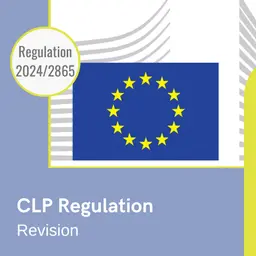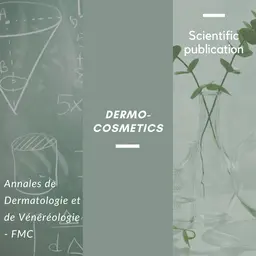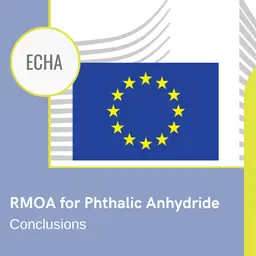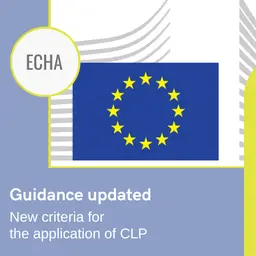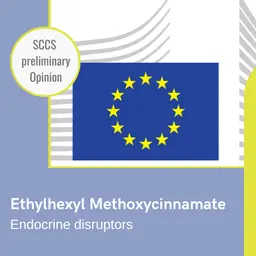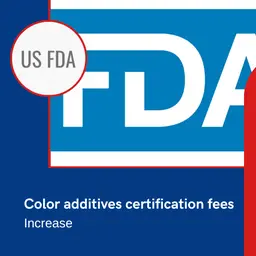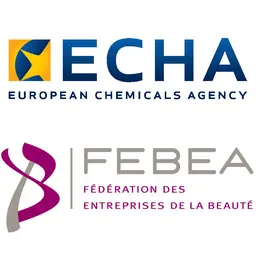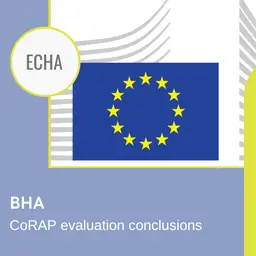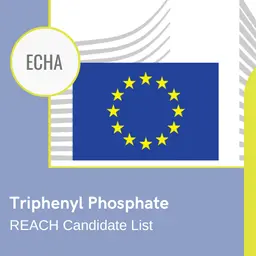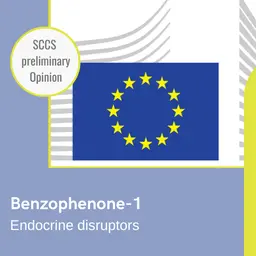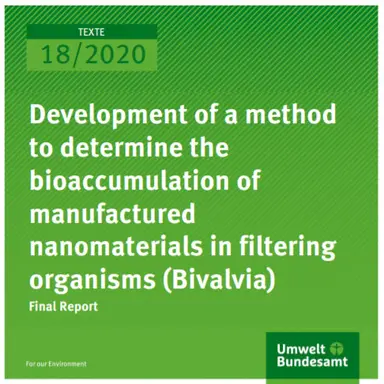
The German Environment Agency (Umweltbundesamt – UBA) has just published a report in which it describes a new method for assessing the bioaccumulation of nanomaterials, which, according to its authors, is more relevant than existing conventional methods. The aim is to be able to carry out a comprehensive assessment of the potential environmental risks of different nanomaterials from consumer products.
Increasing amounts of MNMs are produced for industrial purpose and released to the environment by their usage or disposal of the products. Due to the high production volume MNMs are subject to PBT–assessment to estimate their potential environmental impact.
Next to properties like persistence and ecotoxicity, the determination of chemical substances to bioaccumulate in organisms is essential to understand potential harmful interactions with the environment. The classical method to elucidate the bioaccumulation potential of chemicals is the flow-through approach with fish according to OECD TG 305 providing a BCF estimate. However, most MNMs tend to sediment in the aquatic environment and are thus difficult to be tested following the established test concept where constant and continous exposure conditions need to be achieved.
Once released to surface waters, nanomaterials tend to agglomerate and sediment in dependence of their individual properties and the properties of the surrounding media. Thus, it has to be anticipated, that benthic and filtering organisms are most likely exposed by nanomaterials. Therefore, the ability of nanomaterials to bioaccumulate in these organisms is important in view of a comprehensive evaluation of potential environmental risks.
In this project a method was developed which allows to investigate the bioaccumulation of nanomaterials …

